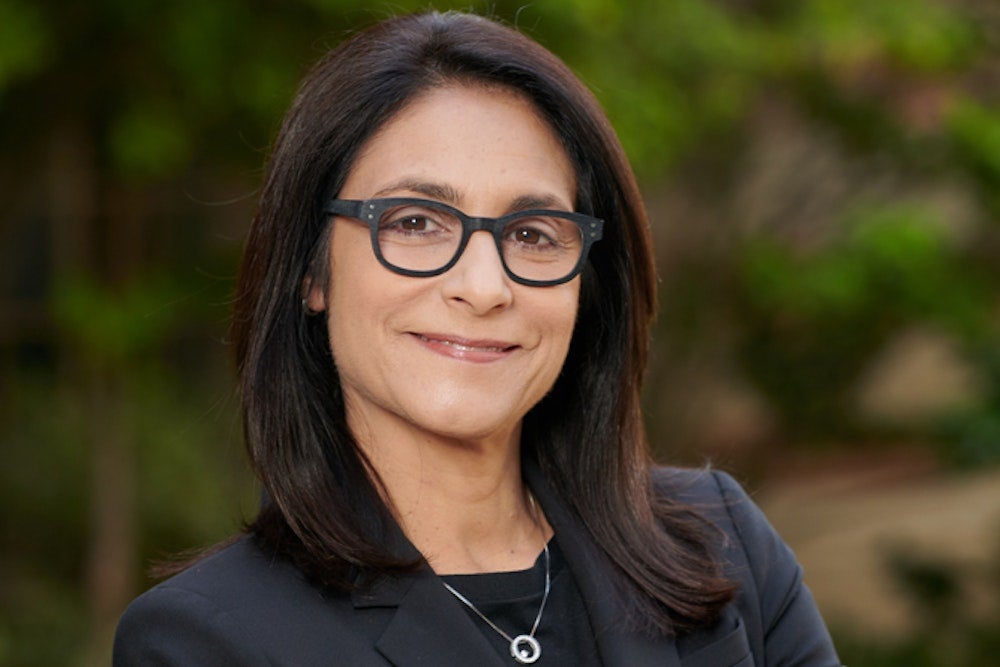This week represents our collective hope for a better future. On Monday we honored the life and vision of Martin Luther King, Jr.—our nation’s revered social and racial justice leader. Yesterday, amid the continuation of this historic pandemic, and just two weeks after the horrible violence in our nation’s Capitol, America once again demonstrated its ongoing commitment to democracy with the inauguration of our new President. We witnessed a Black, South Asian woman sworn in as Vice President by a female, Latino, Justice of the United States Supreme Court. Adding a brilliant light to the events was the recitation of a poem “The Hill We Climb” by the 22-year-old African American woman and Southern California native, Amanda Gorman—the first National Youth Poet Laureate, who herself dreams of becoming president. We are witnessing progress towards Dr. King’s vision.
This new administration will bring changes in policy that will guide our approach to the urgent challenges of education and information. These changes will impact our schools, communities and nation, and require renewed energies and fresh research from our faculty and students. The pandemic has wrought real damage on schools and students and made clear the need to address the racial and economic divisions that undermine opportunities to learn. From efforts to address civil rights to strengthening teaching and learning, our UCLA Education faculty have begun to address these issues. For example, at a time when the need for civic understanding and a renewed commitment to democracy has perhaps never been more urgent, Professor John Rogers’ work examines strengthening civic education across California and the nation. If you have not seen it already, I urge you to read his recent research with colleagues at UC Riverside “Reclaiming the Purpose of Democratic Education in California’s Public Schools.”
Another urgent issue facing America is the growing danger from social media disinformation. Our UCLA Information Studies faculty are already working at the forefront of these issues. If you have not done so, I strongly suggest exploring Professors Safiya Noble’s and Sarah Roberts’ work and their UCLA Center for Critical Internet Inquiry, as well as Professor Ramesh Srinivasan’s research, which critically analyzes the role of social media in politics and policy and in our communities. Be sure to read his interview with UCLA Newsroom: “Are we using technology or are we being used?”
Today is a new beginning. There is so much we are doing but so much more needs to be done. The hill that we climb is steep. My hope is that this week we turn a new page and begin to heal as we move towards real change that is based on dialogue, harmony and unity, and focused on achieving the promise of education, health and economic well-being—not just for some, but for all. As the talented Ms. Gorman recited in her stanzas, “We are striving to forge a union with purpose, to compose a country committed to all cultures, colors, characters and conditions of man. And, so we lift our gaze to not what stands between us but to what stands before us.”
What stands before us is nothing less than Dr. King’s ever-present vision of a Beloved Community, and all that it stands for. In his aspirations for realizing this community he had hoped that the right kind of spirit and the right kind of love would “transform the deep gloom of the old age into the exuberant gladness of the new age.” My hope is that together we can move closer to this noble and exuberant vision of peace, unity and harmony amongst all people through real and lasting social change.
In unity, peace and hope,
Tina
